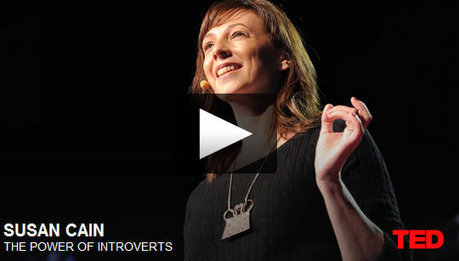Of all the things you learned in school, chances are the right way to learn wasn’t one of them.
To make it through academic life, most of us opt for what psychologists call “massed practice,” better known as cramming: It’s Monday and your test is Friday, so you save studying for the night before. One four-hour session can nab you a passing grade, so why not?
Well, because that’s not how your brain likes to absorb information. You might remember enough to pass your exam the next day, but just a week or two later and the details will already be fuzzy, if not gone completely. Here’s how to do better.
Via The Learning Factor



 Your new post is loading...
Your new post is loading...


















Now I understand my preparation process for any event or task i take on..."The “spacing effect” is one of the most consistently replicated mental processes in psychological history, dating back to Hermann Ebbinghaus, who observed it in 1885.
A four-hour marathon study session (or team meeting or conference presentation) demands a ton of sustained attention, the quality of which will inevitably dwindle the longer those periods last. It simply makes more sense, cognitively speaking, for teams to opt for small doses of high-quality learning–sessions lasting under an hour, with lots of discussion and participation–to make insights stick without taking up much time.